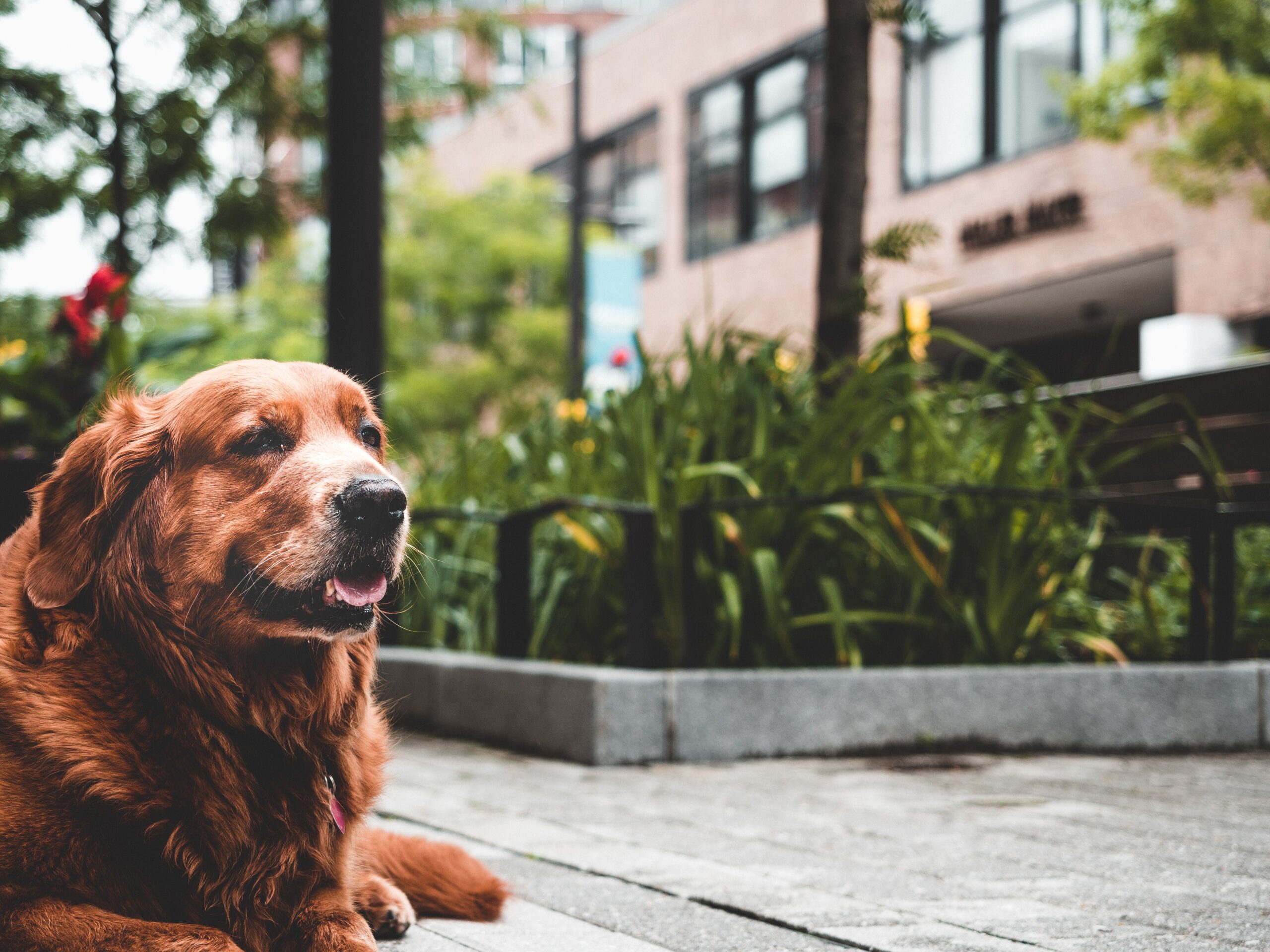
Aging Gracefully
As pet owners, we all want our furry companions to live long, healthy lives filled with love and companionship. However, just like humans, cats and dogs age, and with age comes the need for special care and attention. In this blog, we’ll explore the art of aging gracefully, focusing on senior cat and dog care. By understanding the unique needs of your aging pets and providing them with the love and care they deserve, you can ensure that their twilight years are comfortable and fulfilling.
Understanding the Aging Process
Aging in cats and dogs is a natural part of life, and it’s essential to recognize the signs and symptoms of aging. Just as we may become a bit slower and more susceptible to health issues as we age, our pets experience similar changes. Common signs of aging in senior cats and dogs include:
-
- Decreased Energy Levels: Older pets tend to be less active and may require more rest.
- Joint Pain: Arthritis and joint issues are common in senior pets, leading to stiffness and discomfort.
- Cognitive Decline: Some pets may experience cognitive dysfunction, resulting in confusion and memory problems.
- Dental Problems: Dental health can deteriorate with age, leading to tooth decay and gum disease.
- Vision and Hearing Loss: Sensory impairments can affect your pet’s quality of life.
Tailored Nutrition
Senior pets have different dietary requirements than their younger counterparts. Their metabolism slows down, and they may be prone to weight gain. To help your senior cat or dog age gracefully, consider these dietary adjustments:
-
- Quality Senior Food: Switch to a high-quality senior pet food formulated to meet their specific needs, such as reduced calorie content and joint support.
- Hydration: Encourage proper hydration by providing fresh water and wet food, which can be easier for seniors to eat.
- Supplements: Consult your veterinarian about supplements that can support joint health, cognitive function, and overall well-being.
Regular Veterinary Care
Frequent check-ups are crucial for senior pets. Your veterinarian can detect age-related issues early and offer guidance on managing them. Some essential aspects of senior pet care include:
-
- Physical Examinations: Regular check-ups to monitor weight, mobility, and overall health.
- Dental Care: Addressing dental issues can prevent pain and ensure proper nutrition.
- Vaccinations: Ensure your pet’s vaccinations are up to date, and discuss any necessary booster shots with your vet.
- Parasite Control: Senior pets can be more susceptible to parasites, so maintain a rigorous parasite control regimen.
Changes to home/environment
Based on the conclusions of your veterinary visits and your observations of how your pet is doing, there may be some simple changes made to the home environment to make life easier and more comfortable.
-
- Provide extra bedding around the house as getting up on furniture may be difficult and/or they may need extra padding for comfort while lying down.
- Provide rugs / yoga mats so your pet isn’t slipping on smooth/slick flooring in the areas they frequent.
- Provide steps or ramps for your pet to get to their favorite spots, navigating getting in/out of the house, or to make getting into your vehicle easier.
- Consider litter boxes with lower sides so your older cat can easily get in/out. Also making sure litter boxes are in areas that are easy to access by removing obstacles like stairs or having to jump over things.
- Keep food and water dishes in easily accessible places.
- Make their world a little smaller. If their mobility is compromised, consider moving food/water dishes, litterboxes, and bedding to a common area they can easily navigate and access.
- Establish routines to ensure that any prescribed medications/supplements are given consistently.
Emotional Support
Caring for the emotional well-being of your senior pet is just as important as addressing their physical needs. The aging process can be challenging for them, and providing love and support is essential:
-
- Mental Stimulation: Engage your pet with interactive toys, gentle play, and positive social interaction.
- Comfort and Companionship: Create a comfortable and secure environment for your senior pet. Spending time with them and offering companionship can alleviate stress and anxiety.
- Patience and Understanding: Be patient with age-related changes in behavior and adapt to their needs as they evolve.
End-of-Life Care
Sadly, aging pets eventually reach the end of their journey. It’s essential to be prepared for this difficult moment and to ensure your pet’s comfort and dignity. You can explore options such as hospice care and end-of-life planning with your veterinarian, allowing your pet to age gracefully and peacefully in their final days.
Conclusion
Aging gracefully is not just for humans; our senior cats and dogs deserve the same consideration and care. By understanding the aging process, tailoring their nutrition, providing regular veterinary care, and offering emotional support, you can help your beloved pets enjoy their golden years to the fullest. Remember, aging is a natural part of life, and it’s our responsibility as pet owners to make it as comfortable and fulfilling as possible for our loyal companions.
